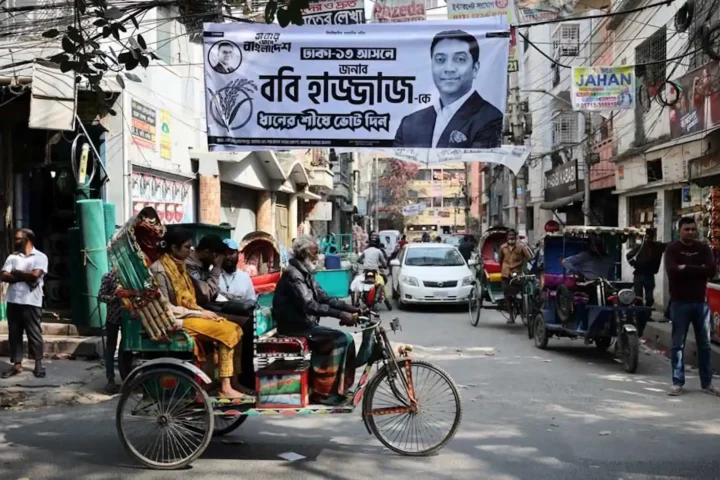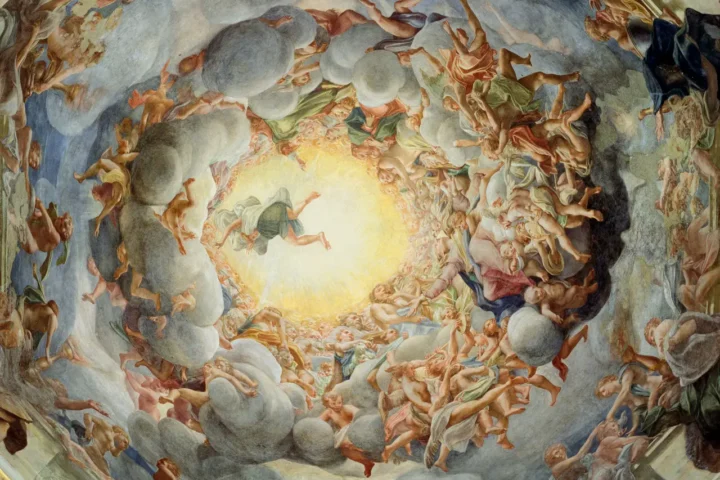On May 20, 2025, Indian author, lawyer, and activist Banu Mushtaq made history by winning the International Booker Prize for her Kannada short story collection, Heart Lamp, translated into English by Deepa Bhasthi. This achievement is nothing short of historic—not only for Mushtaq and Kannada literature but for the global literary landscape.
A First for Kannada and Short Story Collections
Mushtaq’s Heart Lamp is the first work originally written in Kannada—a language spoken by over 65 million people in southern India—to win the International Booker Prize. It is also the first short story collection ever to receive this prestigious honor, which is awarded annually to the best work of fiction translated into English. The award ceremony, held at London’s Tate Modern, saw Mushtaq and Bhasthi share the £50,000 prize, underscoring the essential partnership between author and translator in bringing regional stories to a global audience.
About Heart Lamp: Stories Rooted in Resistance and Resilience
The collection, comprising twelve stories written over more than three decades (1990–2023), offers vivid, witty, and moving portraits of Muslim women navigating patriarchal communities in southern India. Mushtaq’s narratives draw deeply from her own experiences as a lawyer and activist, often inspired by the real-life struggles of women who sought her counsel. The stories tackle themes of faith, caste, reproductive rights, and the quiet, persistent resistance of women against societal and religious oppression.
Judges praised the book for its “radical translation which ruffles language, to create new textures in a plurality of Englishes,” and for offering “something genuinely new for English readers”. The characters—spirited children, audacious grandmothers, complex mothers—are rendered with a keen psychological insight, making the local universal and the marginalized visible.
Why This Win Is Historic
1. Elevating Regional Indian Literature
Mushtaq’s win thrusts Kannada literature onto the world stage, marking a watershed moment for regional Indian languages that have long been overshadowed by works in English and Hindi. As only the second Indian author to win the International Booker Prize (after Geetanjali Shree in 2022), Mushtaq’s recognition signals a broader acceptance and celebration of India’s linguistic diversity.
2. Recognition of Women’s Voices
Mushtaq becomes the sixth female author to win the International Booker Prize since its current format began in 2016, and Bhasthi is the first Indian translator to win the award. The stories in Heart Lamp center on women not as passive victims, but as active agents of change—challenging patriarchal norms and religious orthodoxy. This focus is especially significant given the global conversation around women’s rights and representation.
3. The Power and Art of Translation
Bhasthi’s translation preserves the multilingual richness of southern India, skillfully capturing the colloquial, oral storytelling traditions of Kannada while making them accessible to a global audience. The win highlights the crucial role of translators in bridging cultures and expanding the horizons of world literature.
4. A New Era for the Short Story Form
Heart Lamp is the first short story collection to win the International Booker, breaking the dominance of novels and affirming the literary power of short fiction. This could inspire renewed interest in the short story form worldwide.
A Voice Shaped by Defiance and Empathy
Born in the 1940s in Karnataka, Mushtaq defied conservative expectations from an early age, pursuing education in Kannada despite initial resistance and later building a career as a journalist, lawyer, and activist. Her life and work are testaments to the possibility of change—both personal and societal—through storytelling. As she said in her acceptance speech:
“This book was born from the belief that no story is ever small, that in the tapestry of human experience every thread holds the weight of the whole. In a world that often tries to divide us, literature remains one of the last sacred spaces where we can live inside each other’s minds, if only for a few pages.”
A Collective Triumph
Mushtaq described the moment as “a thousand fireflies lighting a single sky—brief, brilliant and utterly collective,” emphasizing that her win is not just personal but a recognition of teamwork and the potential of Kannada literature. Bhasthi echoed this sentiment, calling it “a beautiful win for my beautiful language”.
Banu Mushtaq’s International Booker Prize win is a landmark event. It amplifies the voices of marginalized women, elevates regional Indian literature to global prominence, and celebrates the transformative power of translation and storytelling. In doing so, it opens new doors for writers, translators, and readers everywhere—proving that stories from the edges can, and do, illuminate the world.











